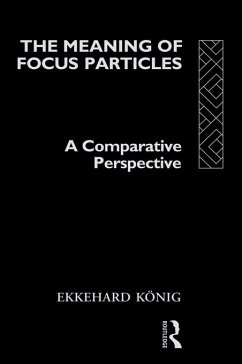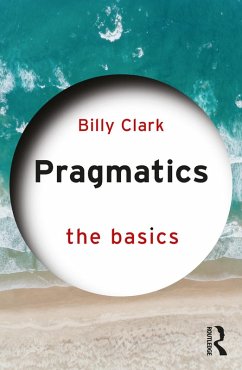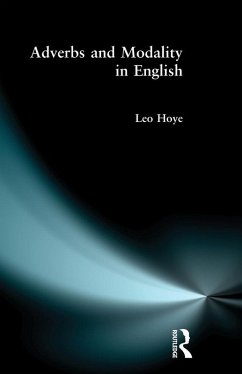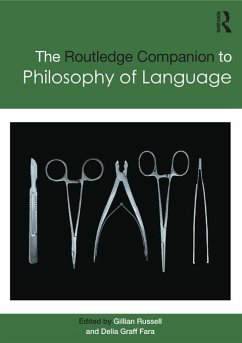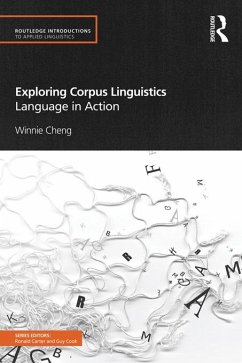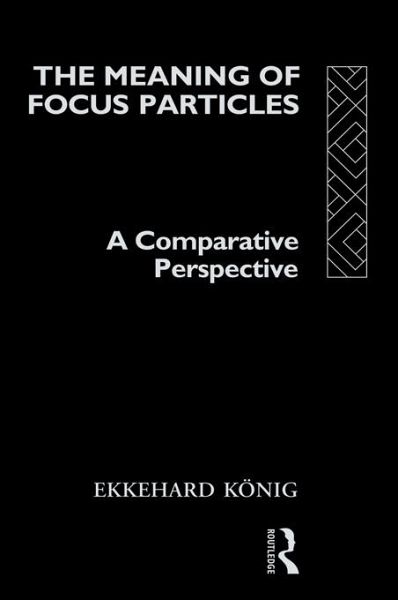
The Meaning of Focus Particles (eBook, ePUB)
A Comparative Perspective
Versandkostenfrei!
Sofort per Download lieferbar
48,95 €
inkl. MwSt.
Weitere Ausgaben:

PAYBACK Punkte
24 °P sammeln!
Focus particles (words such as even, only, also) play an important role in English, in various syntactic and semantic domains, but their characteristics pose numerous problems for current syntactic frameworks and semantic theories.
This book presents a comprehensive analysis of the syntax, meaning and use of focus particles and related function words in English and many other languages. It also provides a historical perspective on their development.
This book presents a comprehensive analysis of the syntax, meaning and use of focus particles and related function words in English and many other languages. It also provides a historical perspective on their development.
Dieser Download kann aus rechtlichen Gründen nur mit Rechnungsadresse in A, B, BG, CY, CZ, D, DK, EW, E, FIN, F, GR, HR, H, IRL, I, LT, L, LR, M, NL, PL, P, R, S, SLO, SK ausgeliefert werden.




